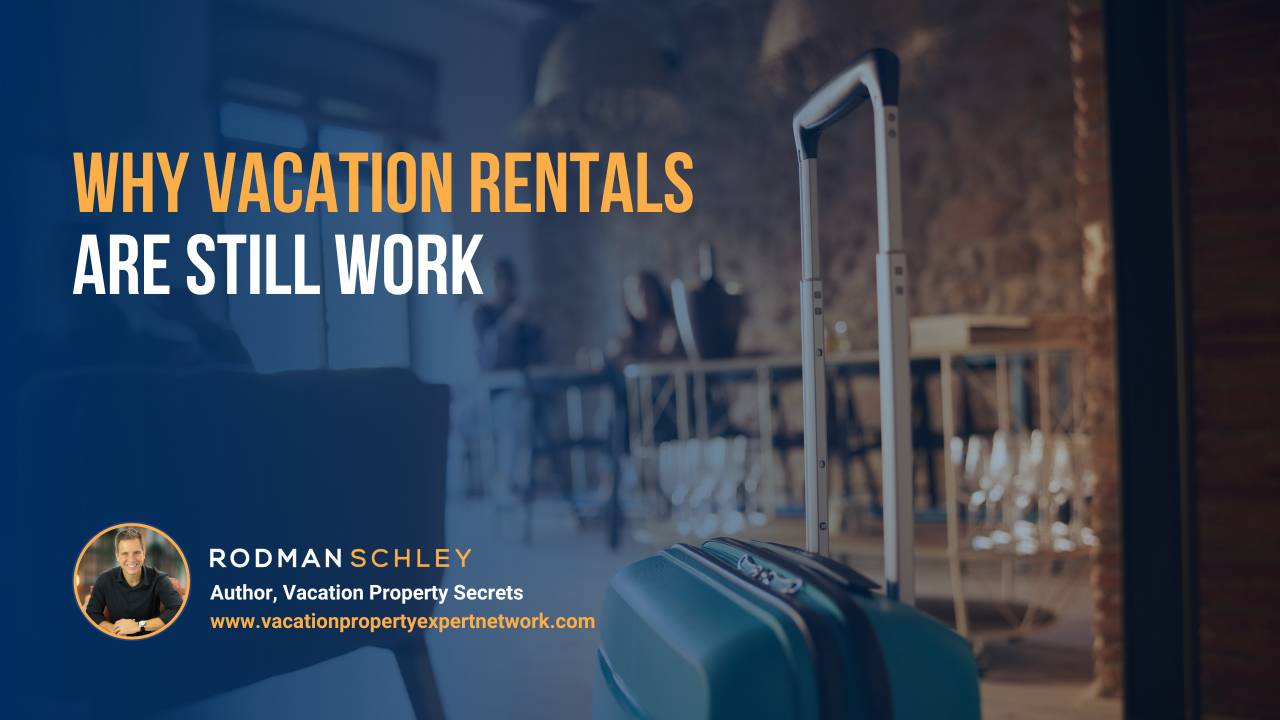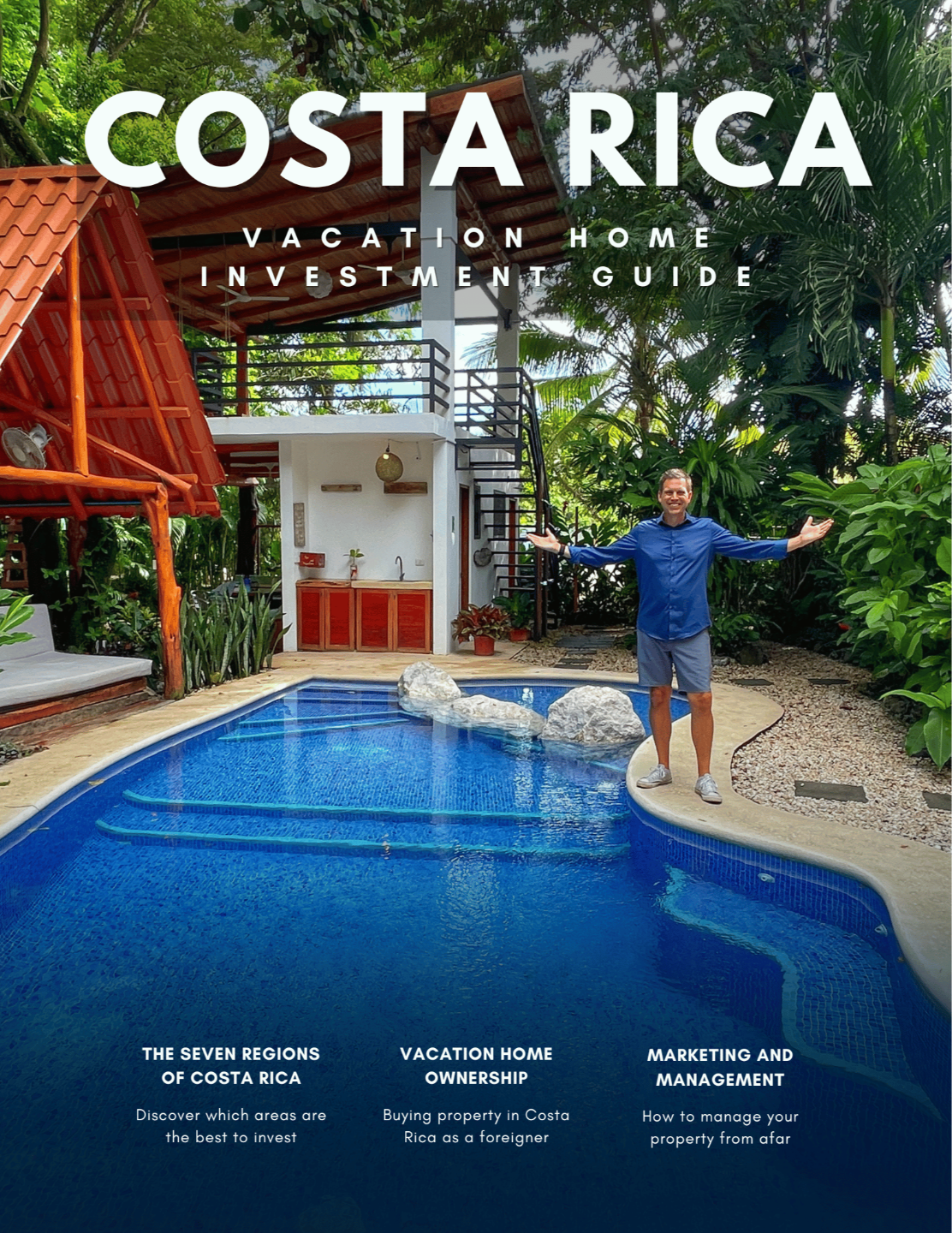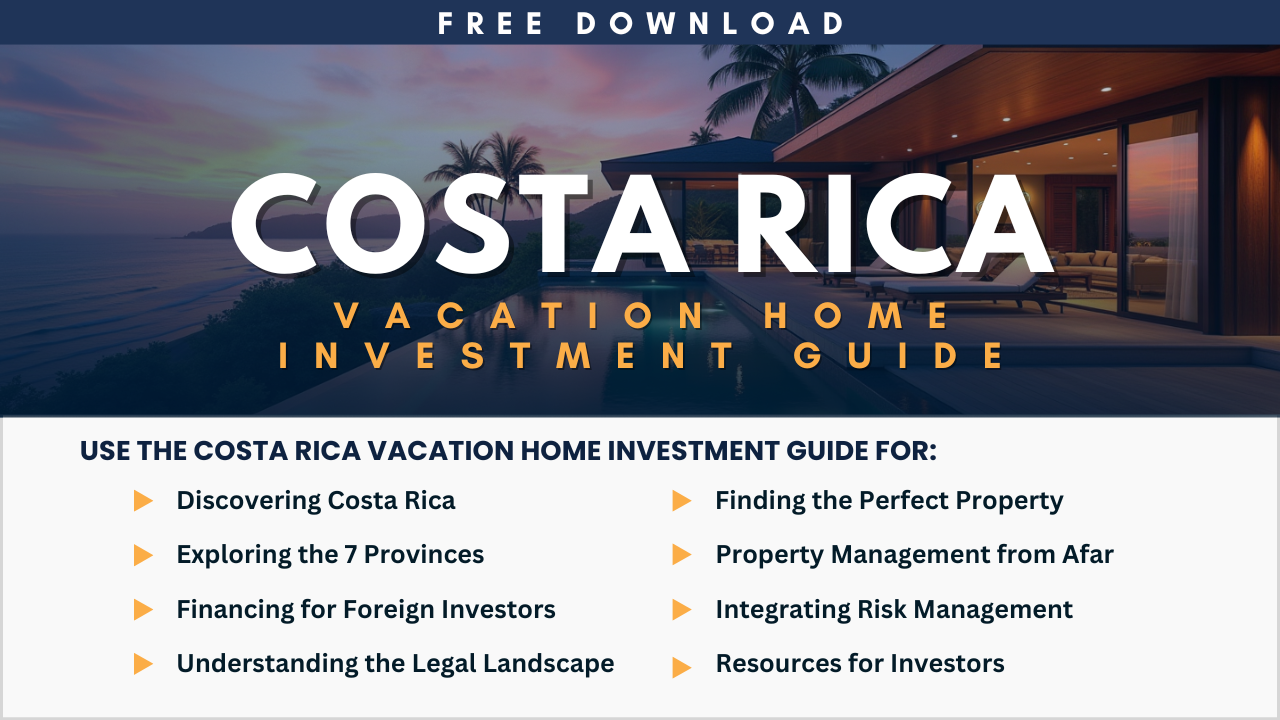
Why Vacation Rentals Are Still Work
Buying a vacation rental sounds like a dream, right? A beautiful second home, rental income while you sleep, and maybe a few vacations squeezed in for yourself. A lot of people think once they buy it and hand it off to a property manager, they’re done.
The truth? A vacation rental isn’t a vending machine that spits out money with no effort. It’s a real business. It needs attention, planning, and constant upkeep. If you treat it like a "set it and forget it" investment, you’re setting yourself up for disappointment.
In this article, we'll break down why vacation rentals are still real work—and why that’s not a bad thing if you go in prepared.
Why Vacation Rentals Still Attract Buyers
Despite the workload, vacation rentals remain popular investments. In 2023 alone, Airbnb reported over 448 million nights booked worldwide. The appeal is clear: dual-purpose properties offer both a personal getaway and a way to generate income.
Vacation rental ownership can still deliver strong returns, especially in markets with limited hotel options, growing tourism, or flexible zoning laws. In many areas, nightly rental rates are higher than long-term leases, and well-managed homes can outperform traditional real estate investments.
However, this success only happens when owners recognize that it’s an active business. Ignoring the day-to-day work means risking bad reviews, lower bookings, and unexpected costs that eat into your profit.
Maintenance Never Stops
One of the biggest myths about vacation rentals is that maintenance is easy or occasional. In reality, short-term rental homes experience far more wear and tear than primary residences. Guests move in and out every few days or weeks, bringing higher use of everything—plumbing, appliances, furniture, and even landscaping.
Common maintenance needs include:
- Regular deep cleaning between guests:
Every guest expects to walk into a spotless space. Light tidying isn’t enough. Deep cleaning means scrubbing bathrooms, kitchens, floors, and changing linens to meet guest expectations and avoid bad reviews. - Constant repairs for small damages (door handles, faucets, minor paint touch-ups):
Even careful guests cause small wear and tear. If you don't stay on top of quick repairs, minor issues can pile up and leave the property looking neglected, making it harder to get premium bookings. - Seasonal upgrades (outdoor furniture, air conditioning systems):
Over time, furniture fades, appliances wear out, and outdoor spaces lose their charm. Planning for seasonal upgrades keeps your rental looking fresh and competitive, especially when compared to newer listings in your area. - Pest control and landscaping upkeep:
Insects, rodents, and overgrown lawns can quickly become guest complaints. Regular pest treatments and maintaining outdoor spaces show guests that the property is well cared for, and help avoid costly infestations or damage later on.
Neglecting maintenance not only frustrates guests but leads to expensive problems down the line. Smart owners schedule routine inspections and invest in preventative care. It’s not enough to fix things when they break; you need systems to keep the property in top condition year-round.
Guest Communication Takes Time
Even with a great listing, bookings aren’t automatic. Guest communication is a major part of vacation rental success. Guests often have questions before booking, during their stay, and after checkout. Fast, friendly, and clear responses lead to better experiences—and better reviews.
Here’s what guest communication often involves:
- Answering inquiries about availability, amenities, and location:
Studies show that hosts who respond within an hour are 60% more likely to secure a booking. Guests want quick answers to basic questions before committing. - Handling last-minute booking changes or cancellations:
Roughly 15–20% of guests make changes after booking. Being flexible and responsive during these moments can save a booking and protect your revenue. - Providing detailed check-in and check-out instructions:
Clear instructions reduce guest confusion and lower support requests by up to 30%. A smooth arrival experience often leads to better first impressions and positive reviews.
Many owners underestimate the amount of time this can take. Even if you hire a property manager, you’ll still need to check that guests are being treated well. Poor communication is one of the top reasons for negative reviews—and bad reviews hurt your long-term income.
Local Rules Keep Changing
In many places, vacation rentals face shifting legal rules. Cities and towns continue to introduce new taxes, permit requirements, or restrictions on short-term rentals to address housing shortages or neighbor complaints.
For example, in 2024, several tourist-heavy cities like Honolulu and Miami Beach passed stricter rules requiring minimum stays of 90 days or longer for certain rentals.
If you don’t stay updated on local laws:
- You could face fines or penalties:
In some cities, fines for illegal short-term rentals can range from $500 to $5,000 per violation, and repeat offenses can lead to legal action. - Your rental income could drop if restrictions tighten:
In areas that passed strict rental rules, owners reported income drops of up to 40% within the first year of enforcement due to fewer bookings and longer vacancy periods. - You might need to pivot to long-term renting, changing your whole financial plan:
In markets where short-term rentals were restricted, around 25–30% of owners had to switch to long-term tenants, often at lower monthly rates than expected.
Staying legally compliant requires monitoring city council updates, following local news, and sometimes working with an attorney to ensure you’re meeting all permit and tax requirements.
Pricing Strategy Isn’t Set It and Forget It
Another area that demands ongoing work is pricing. Unlike long-term rentals with fixed monthly rates, vacation rentals need dynamic pricing strategies. Your nightly rates should change based on:
- Seasonality (holidays, school breaks, local events):
During peak seasons like summer and major holidays, nightly rates can rise by 50–100% compared to low seasons. Missing these windows can mean losing thousands in potential income. - Competition (new listings popping up):
In growing markets, new vacation rentals can increase supply by 10–20% year over year. Staying competitive means adjusting your rates and offering better value to keep bookings steady. - Market shifts (economic downturns, tourism trends):
Tourism dips or economic slowdowns can lower demand by 15–30% depending on the location. Owners who react quickly with smarter pricing and flexible stay policies tend to maintain higher occupancy rates.
If you keep your pricing static, you risk losing out on peak-season profits or sitting empty during slower months. Tools like dynamic pricing software help, but they still require you to monitor trends, adjust minimum stays, and offer specials when needed.
Without active pricing management, your revenue will suffer—and so will your bottom line.
What Smart Owners Do Differently
Owners who succeed long-term treat their vacation rentals like businesses, not hobbies. They stay involved even if they hire property managers. They plan for repairs, legal compliance, and customer service.
Here’s what the best owners prioritize:
- Building relationships with cleaners and repair crews:
A trusted team cuts response times and keeps the property guest-ready. - Investing in a smooth guest experience:
Keyless entry and clear instructions boost satisfaction scores by up to 30%. - Using tech tools but adding a personal touch:
Automation helps, but a quick personal check-in can turn one-time guests into repeat visitors. - Setting aside a capital reserve fund:
Saving 1–3% of the property's value each year helps cover repairs without financial stress. - Staying updated on local rules:
Avoiding fines protects income and keeps operations legal.
The owners who go the extra mile build stronger reputations, attract more bookings, and avoid major disasters. It’s not passive income—it’s smart, steady business-building.
Conclusion
Vacation rentals can be great investments. They offer income, personal enjoyment, and strong resale potential. But they are not “buy it, forget it” deals.
Real success comes from understanding that vacation rentals need attention, planning, and smart decisions along the way. If you’re willing to stay involved and treat your property like a living investment, you’ll put yourself in a much better position to enjoy both the financial and personal rewards that come with it.
If you’re looking for expert tips on how to manage your vacation rental smartly (without getting overwhelmed), visit: 👉vacationpropertyexpertnetwork.com. We offer practical resources, community support, and real advice to help you get the most out of your property—no myths, just real strategies that work.







